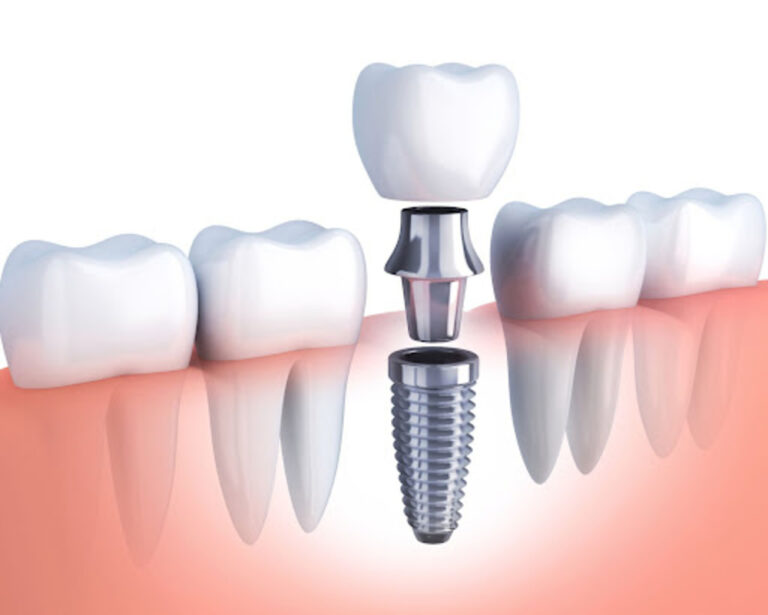Diabetes and Gum Health: A Crucial Connection
Diabetes affects millions of people, but not everyone is aware of its impact on oral health, particularly periodontal (gum) health. Understanding this link is key to preventing severe complications and maintaining overall wellness. Let’s dive into how diabetes influences periodontal health and what you can do to manage it.
Anúncios
How Diabetes Interacts with Your Gums
It’s well-established that diabetes, especially when uncontrolled, can lead to significant health issues, including those affecting your mouth. High blood sugar levels create an ideal environment for bacteria to thrive, particularly in your gums. This can lead to an increased risk of gum disease, or periodontal disease, which is more severe and progresses more quickly in people with diabetes.
Anúncios
Symptoms to Watch For
If you have diabetes, it’s vital to be on the lookout for early signs of gum disease. These symptoms might include red, swollen gums that bleed easily, persistent bad breath, and gums that pull away from your teeth, making them look longer. Loose teeth or a change in how your teeth fit together when you bite could also be a red flag that your gum health is compromised.
The Role of Blood Sugar Control
Managing your blood sugar levels is crucial in the battle against periodontal disease. Consistently high blood sugar can weaken the immune system, making it harder for your body to fight off the bacteria that cause gum infections. Good diabetes management slows down the progression of gum disease and also reduces the risk of developing it in the first place.
Anúncios
Preventative Measures to Take
Prevention is always better than cure, especially when it comes to diabetes and oral health. Regular dental check-ups are essential; your dentist can spot early signs of gum disease and take action before it becomes serious. Additionally, maintaining good oral hygiene practices—brushing twice a day, flossing daily, and using an antibacterial mouthwash—can help reduce your risk.
Treatment Options Available
If you’re already experiencing gum health issues, there are several treatment options that can help. Deep cleaning, also known as scaling and root planing, can remove tartar and bacteria from below the gum line. In more severe cases, your dentist might recommend medications to control infection and promote healing, or even surgery to restore supportive tissues.
Importance of Regular Dental Visits
Regular dental visits are crucial for everyone, but they are even more essential for individuals with diabetes. These visits allow your dentist to monitor the health of your gums and teeth closely and provide necessary treatments before issues escalate. Dental professionals can also offer tailored advice on maintaining oral hygiene specifically suited to the needs of diabetic patients.
Lifestyle Choices That Make a Difference
Beyond medical treatments and dental interventions, lifestyle choices play a significant role in managing the impact of diabetes on periodontal health. A balanced diet rich in nutrients supports gum health and helps control blood sugar levels. Avoiding smoking is also critical, as smoking can exacerbate gum problems and interfere with the body’s ability to heal tissue, including the gums.
The Link Between Gum Disease and Diabetes Control
There’s a bidirectional relationship between diabetes and periodontal disease. Not only does diabetes increase the risk of developing periodontal disease, but severe gum disease can potentially affect blood glucose control and contribute to the progression of diabetes. This interaction highlights the importance of managing both conditions closely to improve overall health and prevent further complications.
Education and Awareness
Increasing awareness about the effects of diabetes on oral health can empower individuals to take proactive steps towards managing their health. Educational programs and resources, both online and in healthcare settings, can provide valuable information on the necessary preventative measures and treatments. Such knowledge is a powerful tool in the management of diabetes and its related complications.
Collaborative Healthcare Approach
A collaborative approach to healthcare can greatly benefit individuals dealing with diabetes and its impact on oral health. Regular consultations with your healthcare team, including your GP, dentist, and diabetes specialist, can ensure that all aspects of your health are addressed. This integrated approach helps in crafting a comprehensive management plan that covers all bases—ensuring better health outcomes.
In conclusion, the connection between diabetes and periodontal health is significant. With careful monitoring and proactive dental care, individuals with diabetes can manage their risk and maintain healthy gums. Regular communication with your healthcare provider and dentist will help you stay on top of both your diabetes and oral health, ensuring you keep smiling brightly for years to come.




